Peony Companion Plants: The Best Plants To Grow With Peonies
Title: Peony Companion Plants: The Best Plants to Grow with Peonies
Introduction:
Peonies are one of the most popular flowering shrubs in the world. They are known for their large, showy blooms in a variety of colors. Peonies are relatively easy to grow, but they can benefit from having some companion plants nearby. Companion plants can help to attract pollinators, deter pests, and improve the overall health and appearance of peonies.
Main Content:
There are many different plants that can be grown as companion plants for peonies. Some of the best options include:
- Roses: Roses and peonies are both classic garden flowers, and they make a beautiful combination. Roses bloom just as peonies are fading, so you can enjoy continuous flowers in your garden for months.

- Hydrangeas: Hydrangeas are another popular choice for companion plants for peonies. They come in a variety of colors, and they can add height and interest to your garden.
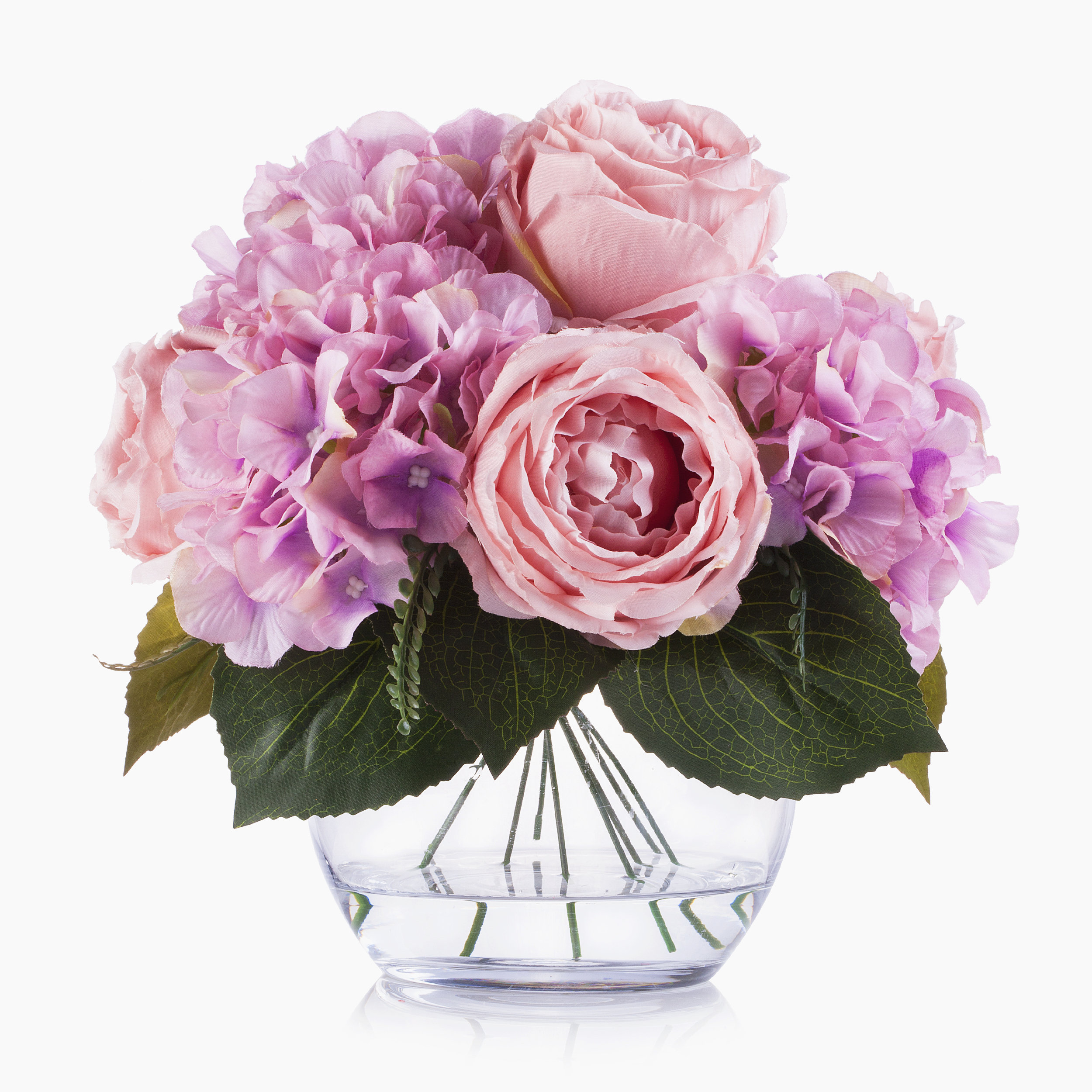
- Alliums: Alliums are round, purple flowers that bloom in the spring or early summer. They add a touch of drama to your garden, and they can help to deter pests.

- Larkspur: Larkspur, or delphinium, is a tall, spiky flower that blooms in a variety of colors. It is a great choice for adding height and interest to your garden, and it can help to attract pollinators.
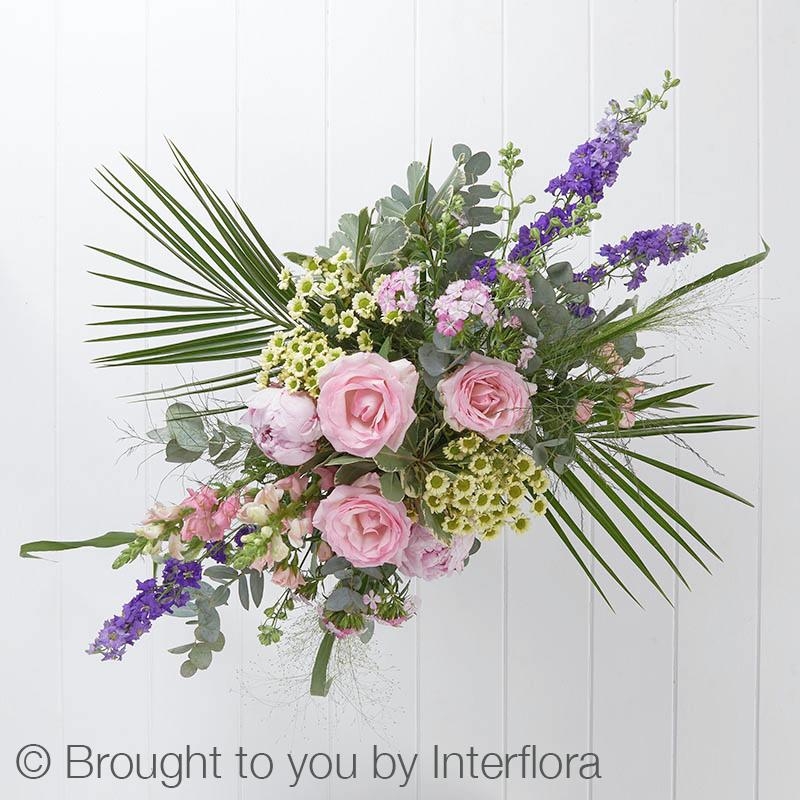
- Hostas: Hostas are shade-loving plants that come in a variety of colors and leaf shapes. They are a great choice for planting under peonies, as they will help to keep the soil cool and moist.

- Iris: Iris are beautiful, fragrant flowers that come in a variety of colors. They are a great choice for planting near peonies, as they will bloom at the same time.
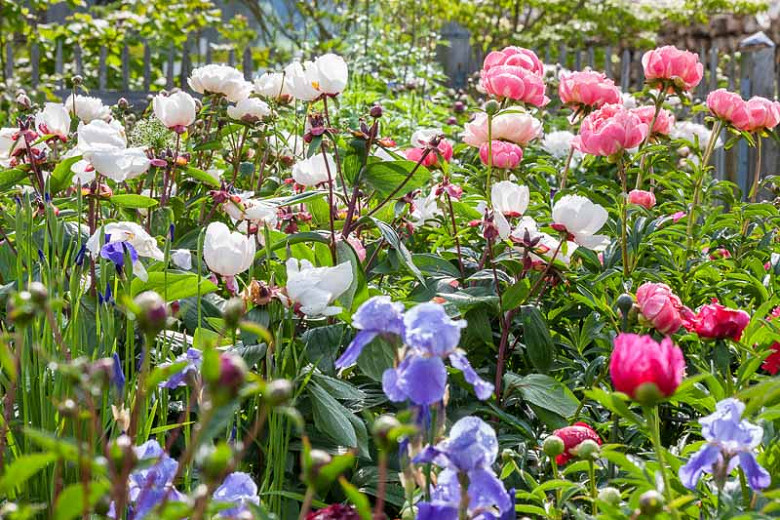
- Clematis: Clematis are vining plants that can add a touch of elegance to your garden. They come in a variety of colors, and they can be trained to climb up a trellis or fence.

Conclusion:
Peony companion plants can help to attract pollinators, deter pests, and improve the overall health and appearance of peonies. When choosing companion plants for peonies, it is important to consider the size, color, and bloom time of the plants. By carefully selecting companion plants, you can create a beautiful and harmonious garden that will be enjoyed for years to come.
If you are looking for more information about peony companion plants, I recommend visiting Home Gardening. This website has a comprehensive list of plants that can be grown alongside peonies, as well as information on the benefits of companion planting.
FAQ of peony companion
What are the best companion plants for peonies?
Some of the best companion plants for peonies include:
- Larkspur: This tall, spiky flower blooms at the same time as peonies and provides height variation.

- Delphinium: Another tall flower that blooms at the same time as peonies, delphinium is a great choice for adding color and interest to your garden.
- Clematis: This vining plant can be trained to grow up a trellis or fence, providing a lush green backdrop for your peonies.

- Iris: There are many different varieties of iris that bloom at different times, so you can find some that will complement your peonies.
- Foxglove: This tall, bell-shaped flower blooms in shades of purple, pink, red, yellow, and white.
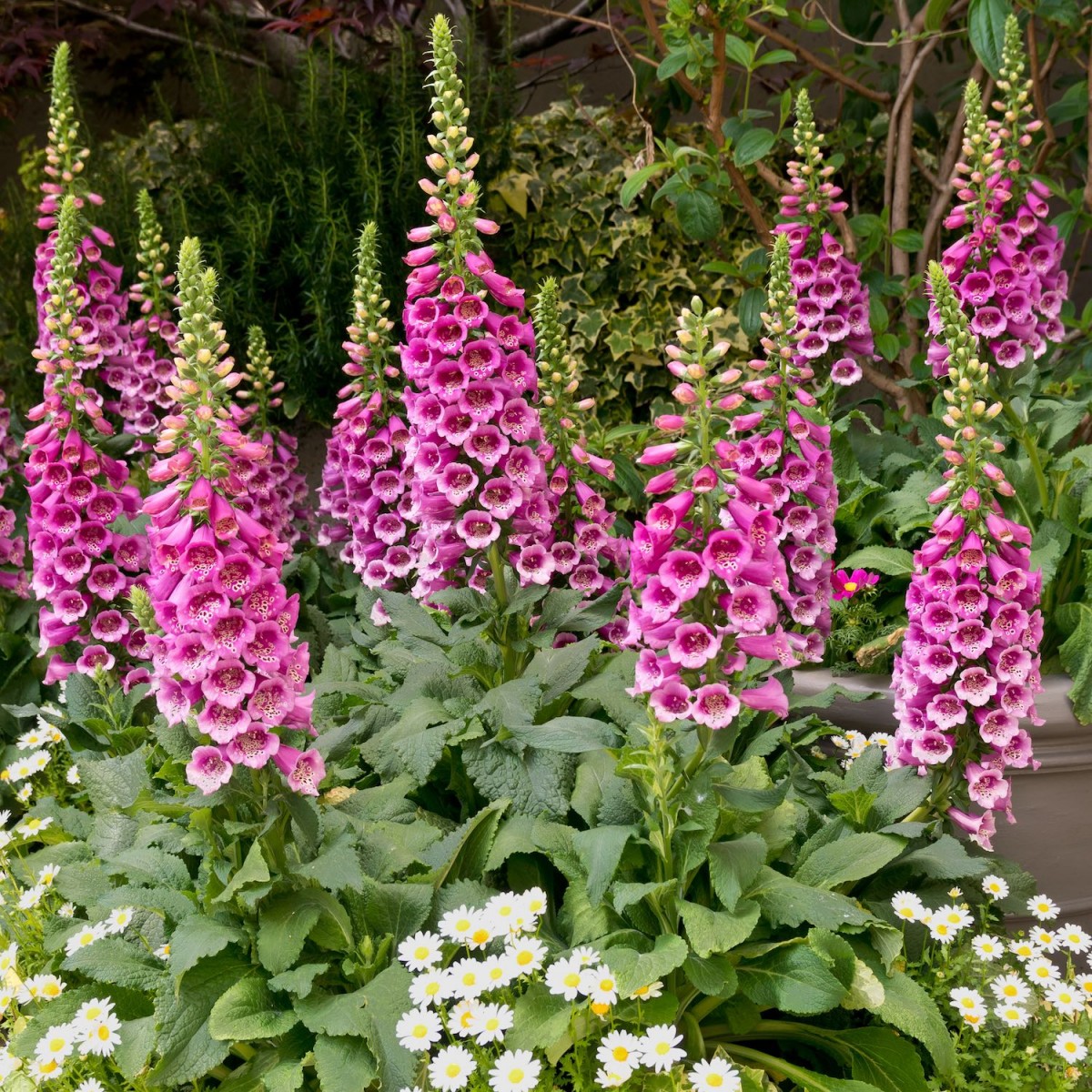
- Bleeding heart: This delicate flower blooms in shades of white, pink, and red.

- Alliums: These round, purple flowers bloom in the spring or early summer.
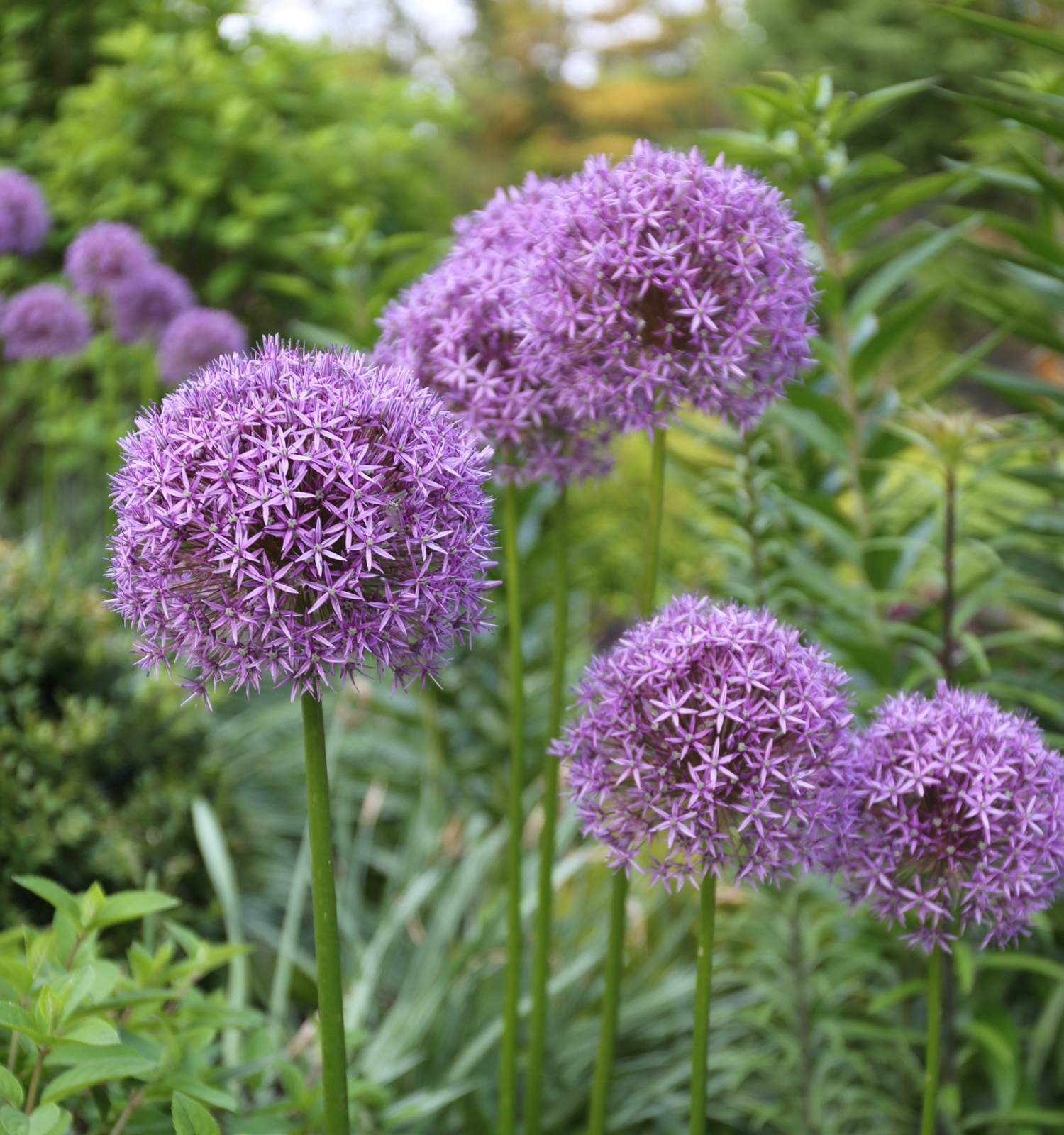
- Hydrangeas: These large, showy flowers come in a variety of colors.
- Roses: Roses are a classic companion plant for peonies.
What should I avoid planting with peonies?
There are a few plants that you should avoid planting with peonies, as they can compete for resources or attract pests. These plants include:
- Hostas: Hostas can shade out peonies and prevent them from getting enough sunlight.
- Daylilies: Daylilies can also shade out peonies and can attract slugs and snails.
- Tulips: Tulips can attract tulip fire, a fungal disease that can damage peonies.
- Narcissus: Narcissus can attract narcissus fly, a pest that can damage peonies.
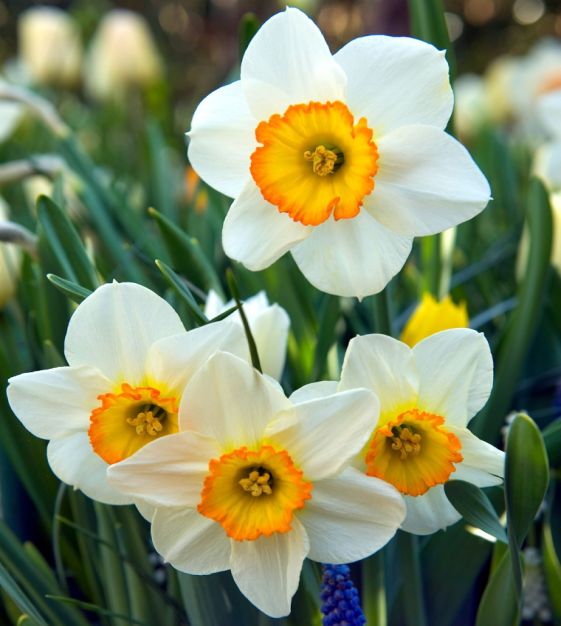
How far apart should I plant peonies?
Peonies should be planted about 3 feet apart. This will give them enough space to grow and spread.
When should I plant peonies?
Peonies should be planted in the fall, after the first frost. This will give them time to establish their roots before winter.
How do I care for peonies?
Peonies are relatively low-maintenance plants. However, they do need full sun and well-drained soil. They should be watered regularly, especially during the first year after planting.
What are some common problems with peonies?
Some common problems with peonies include:
- Pests: Peonies can be susceptible to pests such as aphids, slugs, and snails.
- Diseases: Peonies can be susceptible to diseases such as powdery mildew and rust.
- Drought stress: Peonies can be susceptible to drought stress, so it is important to water them regularly.
How can I prevent problems with my peonies?
There are a few things you can do to prevent problems with your peonies:
- Plant them in a sunny location with well-drained soil.
- Water them regularly, especially during the first year after planting.
- Fertilize them in the spring with a balanced fertilizer.
- Inspect them regularly for pests and diseases.
Image of peony companion
- Lavender: Lavender is a classic companion plant for peonies, as it blooms at the same time and has a similar color scheme. The purple flowers of lavender provide a nice contrast to the pink or white blooms of peonies.
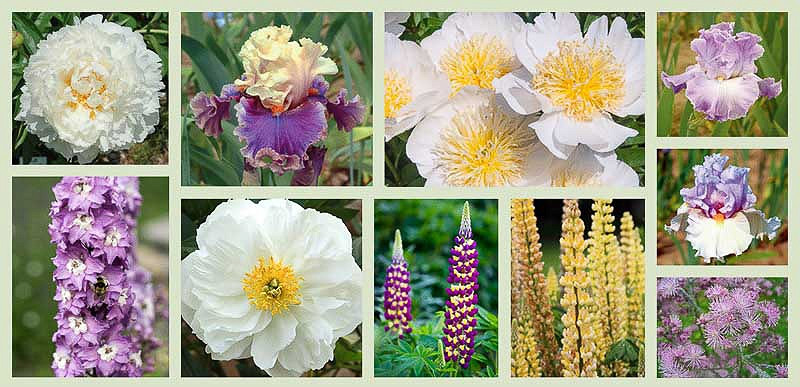
- Daylilies: Daylilies are another good choice for companion plants for peonies. They bloom for a long period of time, so they can help to extend the flowering season of your peonies. Daylilies also come in a variety of colors, so you can find some that will complement the colors of your peonies.

- Astilbe: Astilbe is a tall, airy plant that adds a touch of elegance to any garden. It blooms in shades of white, pink, and red, which can help to highlight the colors of your peonies. Astilbe also prefers moist soil, which is similar to the conditions that peonies need.
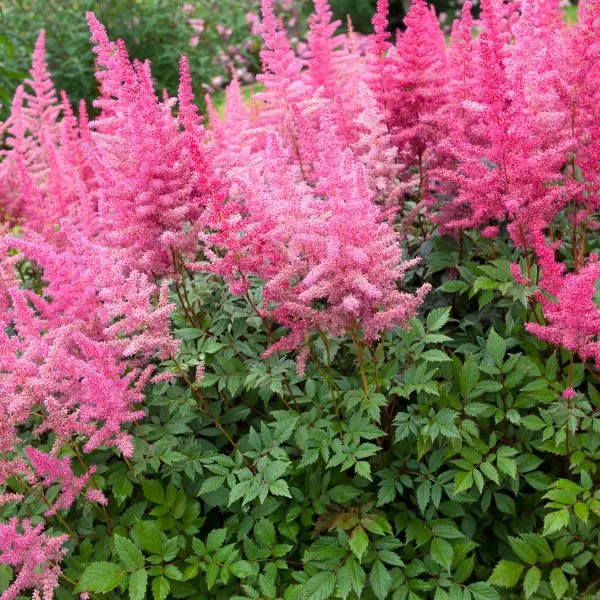
- Hostas: Hostas are a versatile plant that can be used in a variety of settings. They come in a variety of leaf shapes and colors, so you can find some that will complement the look of your peonies. Hostas also provide some shade for your peonies, which can help to prevent them from getting too hot in the summer.

- Coral Bells: Coral Bells are a type of heuchera that is known for its colorful leaves. They come in shades of red, orange, and yellow, which can add a pop of color to your garden. Coral Bells also prefer moist soil, which is similar to the conditions that peonies need.
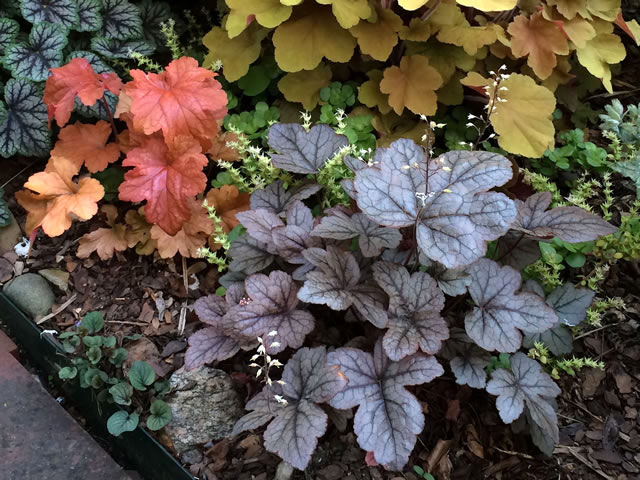
- Yarrow: Yarrow is a hardy plant that is easy to care for. It blooms in shades of white, yellow, and pink, which can help to complement the colors of your peonies. Yarrow also attracts butterflies and other pollinators, which can help to improve the health of your garden.

- Lupines: Lupines are a tall, showy plant that blooms in shades of blue, pink, and white. They are a good choice for companion plants for peonies because they bloom at the same time and have similar color schemes. Lupines also attract butterflies and other pollinators, which can help to improve the health of your garden.

- Verbena: Verbena is a low-maintenance plant that blooms for a long period of time. It comes in a variety of colors, so you can find some that will complement the colors of your peonies. Verbena also attracts butterflies and other pollinators, which can help to improve the health of your garden.

- Shasta Daisies: Shasta Daisies are a classic garden flower that blooms in shades of white and yellow. They are a good choice for companion plants for peonies because they bloom at the same time and have similar color schemes. Shasta Daisies also attract butterflies and other pollinators, which can help to improve the health of your garden.


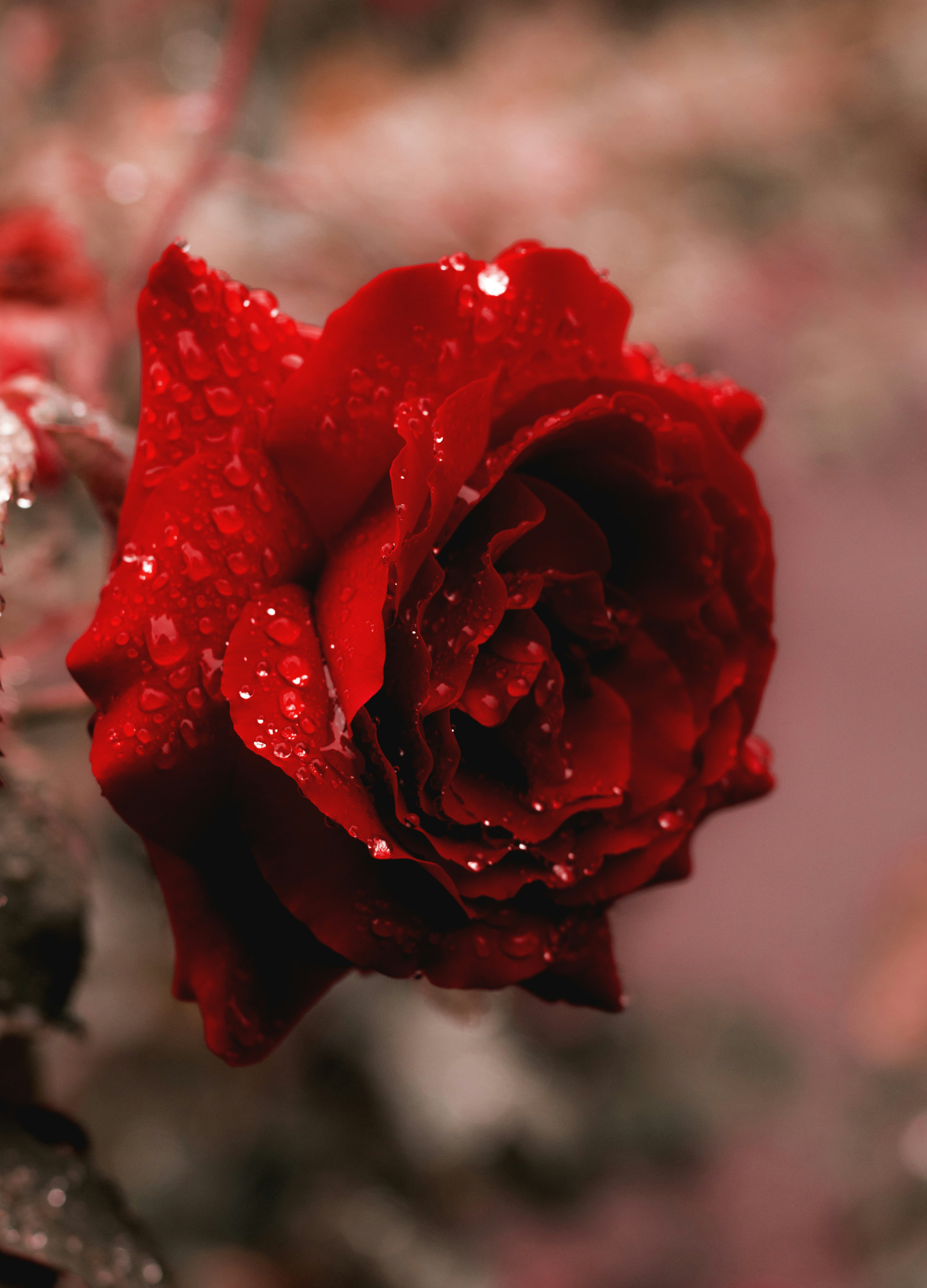
Post a Comment for "Peony Companion Plants: The Best Plants To Grow With Peonies"